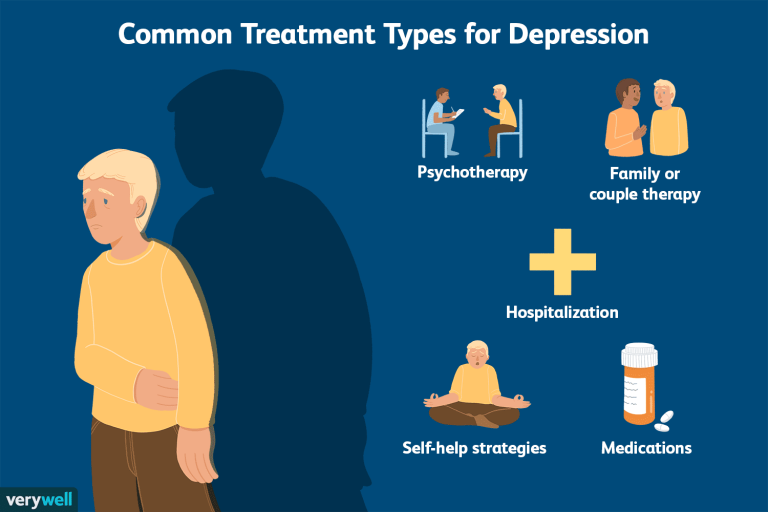For anyone who lives with depression, now the leading cause of disability worldwide, feeling better may be the #1 priority in 2023. Improving mental health is also a top New Year’s resolution, according to a recent health survey by Forbes.
Finding relief from depressive symptoms can seem like a tall order, though. While standard antidepressants such as SSRIs have helped many people, these medications do not work for everyone and may stop working after a while. The drugs also typically take at least six to eight weeks to kick in. That long waiting period can be excruciating.
Now, emerging treatments for depression are responding to the high demand for effective symptom relief faster. Look for these three in particular:
Auvelity
Until very recently, ketamine was the only known fast-acting medication for depression. (The drug has provided relief upon first-time administration for many people with severe or treatment-resistant depression.) Now the drug dextromethorphan-bupropion (“Auvelity”) is showing similarly encouraging results.
Auvelity was approved by the U.S. Food and Drug Administration in August 2022 and supposedly can relieve symptoms after just a week. In fact, in two different studies in May 2022, (in the Journal of Clinical Psychiatry and the American Journal of Psychiatry), those who began taking Auvelity experienced “significant improvement” of symptoms by the one-week mark.
What might explain these fast-acting results? Auvelity uses a different mechanism of action to treat depression than other antidepressants: The drug is an “N-methyl D-aspartate (NMDA) receptor antagonist.”
COMP360 Psilocybin
Psilocybin, the psychoactive ingredient in magic mushrooms, may effectively relieve treatment-resistant depression— or so researchers at Trinity College Dublin have concluded. In the “largest, most rigorous clinical trial” of its kind yet, they studied the therapeutic effects of a synthetic compound of psilocybin. When administered in conjunction with therapy, the drug reportedly achieved rapid resolution of symptoms (within 1-3 weeks of its administration).
The exact mechanisms by which psilocybin seems to relieve depressive symptoms remain an ongoing inquiry. However, by studying brain scans researchers have observed that the drug builds new connections that, in essence, appear to rewire the depressed brain for better health.
What is also clear is that psilocybin treats depression differently than other antidepressants, whether older SSRIs or newer ones like ketamine and Auvelity, so synthetic psilocybin may soon present a new and different treatment option.
Neurorehabilitation Technologies
Research has found that neurorehabilitation technologies like neurostimulation can help to relieve depressive symptoms non-invasively. Various types of neurostimulation have also been in use for a while now. They have treated not just depression but other issues that affect brain health and function.
New research, though, is taking a closer look at how these technologies work and how they change and impact the brain. Some findings have suggested that these technologies go deeper than other treatments at changing the depressed brain and its structures and connections. Exactly what these changes entail and how long they last are among the many questions that researchers are asking at prominent institutions like Stanford University. The answers could mean neurostimulation and other brain technologies become more widely available in treating depression and extending hope to those who live with the disorder.

